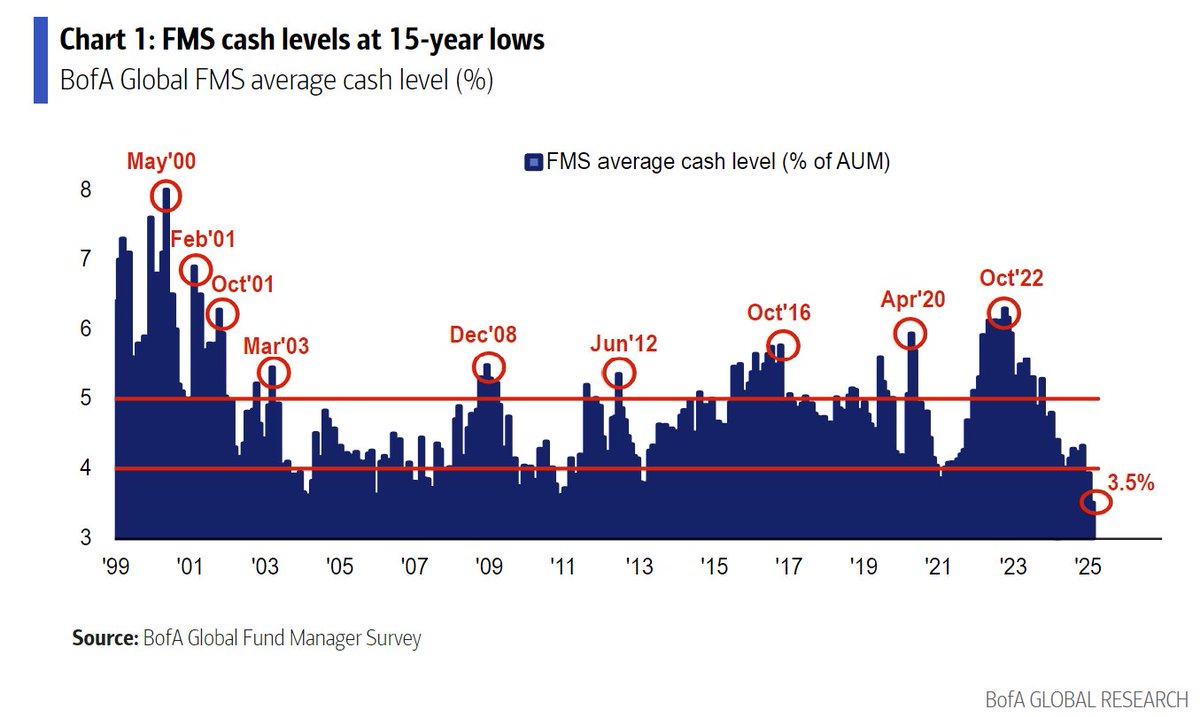I was on the @MikeBoyd #FamilyBusiness podcast recently.
One thing Mike & I have in common is that we both grew up in the same city (Brisbane). Both left Australia & went after success doing business globally.
I sat down with Mike for over 1 hour, with such pleasure!
Thread 👇
One thing Mike & I have in common is that we both grew up in the same city (Brisbane). Both left Australia & went after success doing business globally.
I sat down with Mike for over 1 hour, with such pleasure!
Thread 👇
My background and personal story. The benefits of traveling around the world and the adventure of doing business globally.
We also discussed Asia's growth story & the rise of its millennials which outnumber Western economies by some 12 to 13 times!
We also discussed Asia's growth story & the rise of its millennials which outnumber Western economies by some 12 to 13 times!

Also, we discussed the way we see asset prices around the world today,
Including the long term cycles of traditional assets such as stocks & bonds — and how constant central bank intervention have affected these assets.
What to expect from capital markets going forward?
Including the long term cycles of traditional assets such as stocks & bonds — and how constant central bank intervention have affected these assets.
What to expect from capital markets going forward?

The importance of diversifying into alternative assets, especially hard assets like real estate, agriculture, and precious metals — which may benefit from the current and future money printing MMT experiment.
Example of Aussie agri-poultry assets we have invested in before.
Example of Aussie agri-poultry assets we have invested in before.

Our family business in Australia, where we have done luxury property for our clients over the decades.
Here is our friend's project, which we also worked on last year. We worked on various interior & exterior features such as the kitchen, bathrooms, and the pool/patio area.
Here is our friend's project, which we also worked on last year. We worked on various interior & exterior features such as the kitchen, bathrooms, and the pool/patio area.
Here is another project we worked on last year, currently selling for over 15 million, located on the exclusive waterfront suburb in Brisbane.
We worked on all of the stone materials including driveway paving, kitchen & bathroom marble, wall cladding, pool & home limestone, etc.
We worked on all of the stone materials including driveway paving, kitchen & bathroom marble, wall cladding, pool & home limestone, etc.
We also had a conversation about my personal side project called the Atlas Investor Deal Flow service helping HNW & accredited investors, family offices and funds access some interesting real estate deal flow.
Questions? Contact us!
theatlasinvestor.com
Questions? Contact us!
theatlasinvestor.com
The conversation touched on our investment strategies and getting exposure to the real estate market via both equity and debt:
• development projects
• distressed opportunities
• multi-family syndications
• single-family luxury value add
• real estate funds (only sometime)
• development projects
• distressed opportunities
• multi-family syndications
• single-family luxury value add
• real estate funds (only sometime)

Other interesting discussions:
• importance of travel & doing business globally
• international tax planning & living in different countries
• advantages & disadvantages of real estate debt
• basics of development project due diligence
• family values & being mentored
• importance of travel & doing business globally
• international tax planning & living in different countries
• advantages & disadvantages of real estate debt
• basics of development project due diligence
• family values & being mentored
You can find the podcast here and please make sure you do me a favor and follow @MikeBoyd.
Way underfollowed for the incredible content he is putting out there, so give him some love, please!
podcasts.apple.com/au/podcast/the…
Way underfollowed for the incredible content he is putting out there, so give him some love, please!
podcasts.apple.com/au/podcast/the…
• • •
Missing some Tweet in this thread? You can try to
force a refresh















